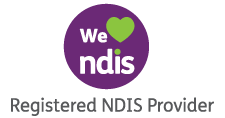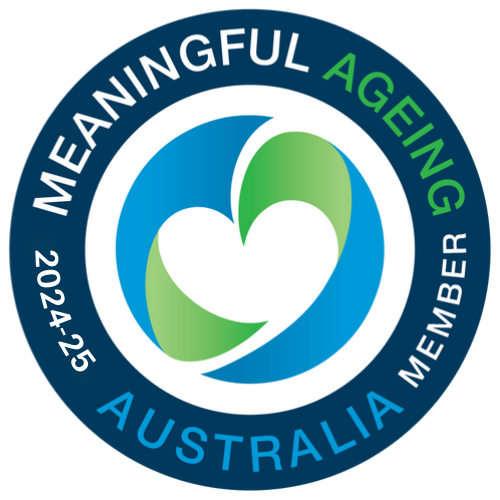It’s fair to say that 2020 brought on a lot of changes, which proved to be challenging and mentally exhausting. Indigenous communities (especially remote communities) faced additional hardships last year, from being at greater risk from Covid-19 to having to find alternate ways to celebrate traditional ceremonies. With 2021 being a fresh start, we wanted to share this guide to some mental health resources for clients (or carers of clients) who are Aboriginal and/or Torres Strait Islander.
The pandemic has undeniably caused a lot of uncertainty and affected our day-to-day lives. In spite of this, it is important that we or those we are caring for, are proactive in trying to seek help – whether it is family support or professional services.
If you or a person you are caring for has decided to seek further help for any mental health concerns, we recommend you take a look online at some of these wellbeing resources for Aboriginal and Torres Strait Islander we have compiled.
Wellmob
WellMob has a wide variety of social, emotional and cultural wellbeing resources for Aboriginal and Torres Strait Islander people. Before accessing the website, please note some pages may feature photos of Indigenous people who have since passed away. At the time of writing this article, the homepage has no photography.
Head to Health
The Head to Health website has a huge range of mental health resources from trusted service providers. They are currently running the Keep Your Spirit Strong communications project, which aims to help those in Indigenous communities improve their emotional wellbeing prioritise their social and emotional wellbeing. The Keep Your Spirit Strong campaign shares stories from various communities on how they are helping others around them.
Beyond Blue
Beyond Blue is Australia’s most well-known and visited mental health organisation and features a host of resources for indigenous communities. You can access it here. Please note, this page does feature photography.

If you are a carer of a person who is Aboriginal and/or Torres Strait Islander, it is also helpful to refer to nsw.health.gov.au guidelines as per below:
When supporting the wellbeing of an Aboriginal person, it is important to understand the strengths and protective nature of culture, kinship, family and connection to country. It is also critical to be aware that experiences of trauma and loss are a direct outcome of the disruption to cultural wellbeing beginning from colonisation. Compounded trauma and loss of this magnitude continues to have intergenerational effects today.
When supporting an Aboriginal person, it is important to understand:








